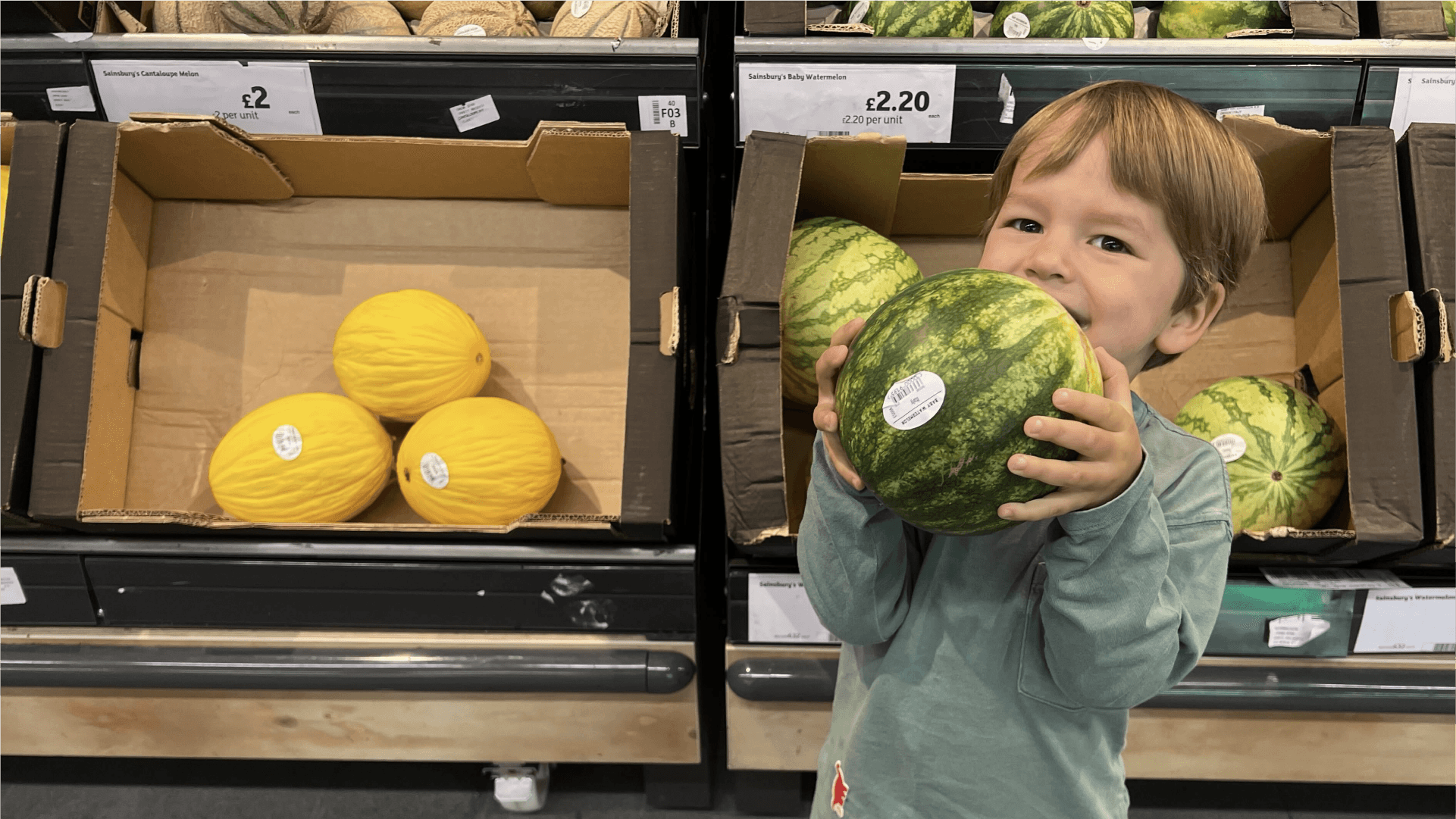(5 minute read)
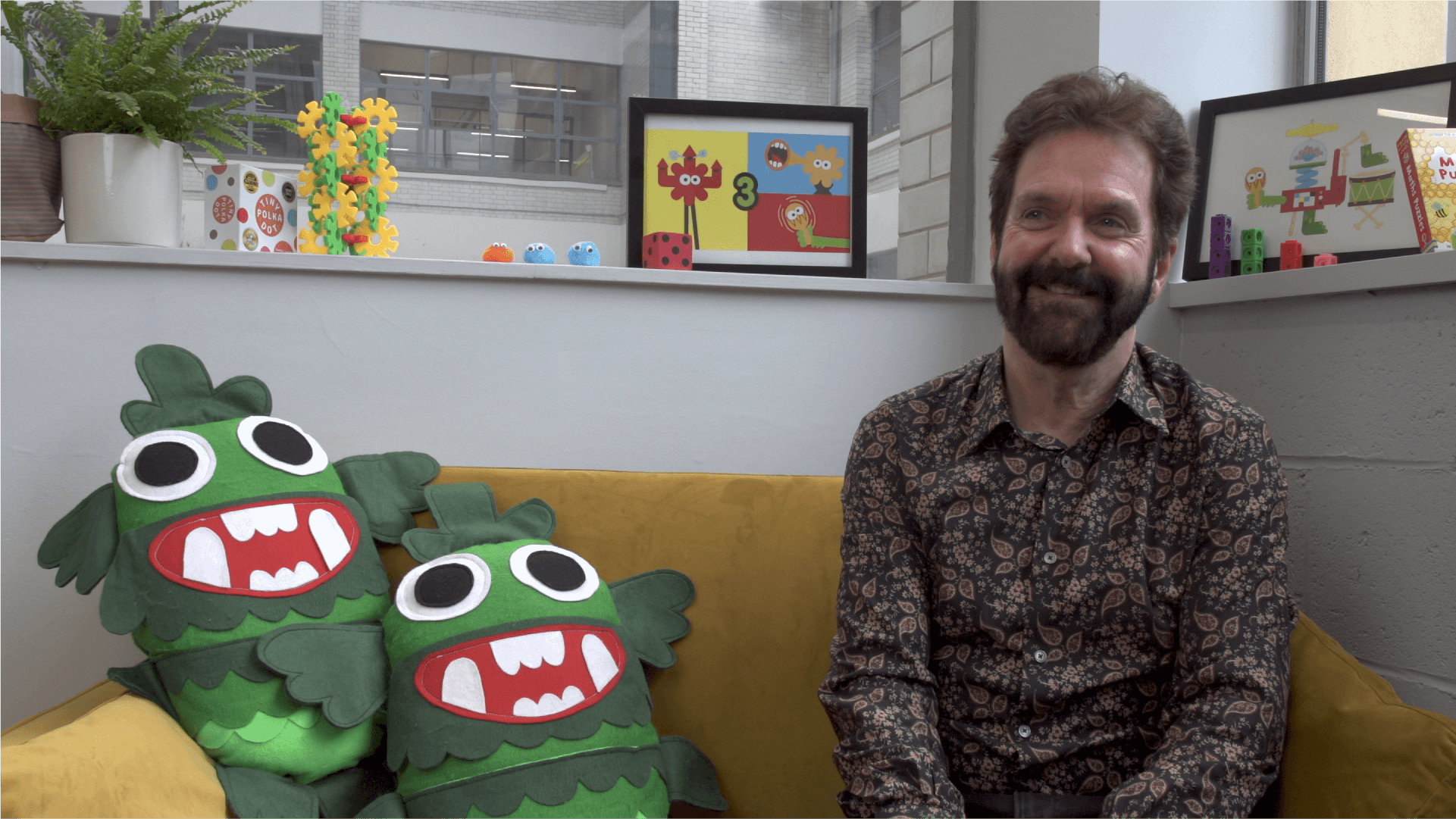
We caught up with maths lover and Number Skills Expert Bernie Westacott in this behind-the-scenes interview.
What’s your favourite number?
91, because whenever we study prime numbers at school and you ask the children to write down all the primes in the nineties, they invariably put 91. And they don't realise that if they know that seven twelves are 84 then another seven will be 13 sevens. So, it's another way of building structures of numbers and making connections. So, I just sort of sit back and laugh about how many get it wrong and then we go through it.
And what do you enjoy most about maths? Why did you get into a lifetime of maths?
Because I was so bad at school. Well, I'm very dyslexic. I have a memory issue, sequencing problems, and everything was by rote at school. And I really didn't enjoy it. I didn't do too well at it. And I wanted to become a teacher. So I hoped that there was another way of doing it.
And a lot of people, when they don't enjoy something at school, they run a mile from it.
Yeah, I go the opposite way. I'm dogged, I like to solve problems. I like to get on top of things. I don't like them to get on top of me. And then I kept working and working at it, particularly when I started teaching. And then, as a result of that, I fell in love with it, became very passionate about it, and then tried to pass that onto my pupils.
So what are the problems facing children at the moment?
What are the problems facing children in mathematics? Number sense is a huge issue. Children don't develop a sense of number, how it works, how it hangs together. You will see children in this country and other countries age 16 who still don't know that seven is made up of five and two, four and three.
So they don't have this fluency, this ability to break a number apart and put it back together. That is one of the big issues. Another issue that's right across the curriculum is there's too much content and children do not have enough time to play, explore, collaborate, discuss and reason.
The problems start from the very beginning, particularly in the UK at the moment, because there is a drive for the dogma of the knowledge-rich curriculum and it completely flies in the face of everything we know about how young children learn mathematics.
And that is becoming a real issue.
Could you talk a little bit more about your concerns around the knowledge-rich curriculum?
The knowledge rich curriculum comes out of, I think, a slight misunderstanding of cognitive science, that declarative knowledge that 'I know this' and 'I know that' and mathematics is more about understanding structure and concepts than knowing knowledge. Declarative knowledge also comes about as a result of experiences that young children have, not solely by rehearsing statements or facts. Though it's great to know number facts, you have to understand the structure, how these things are built together there and that knowledge-rich curriculum or dogma is in danger of taking that away from young children what they need to be doing.
Why is creativity important in Maths?
Creativity is an aspect of maths I think that's very important for young children. You don't just learn to solve problems because somebody taught you a way to solve this problem. You need to reason and do things for yourself and 'investigate and explore' - words that are being taken out of the curriculum at the moment. I feel creativity is important in mathematics, so I don't want children to see it as something they learn and they do off by rote.
I want them to be able to create their own ideas. So, we've been working with young children on number bonds and we built some frames to fit things in. We want to see how many different ways they can develop and do that and be creative, but also in doing that creatively, they will slowly start to pick up a systematic way of doing things. So I think it's a very important area to do from the very beginning.
So what's been your involvement in Number Skills?
My involvement in Number Skills has been, first of all, to identify the key areas that young children need to be developing in mathematics, and then to outline what the pedagogy looks like, and then to work with the game developers so that they can make that fun and bring that in. Between the all of us, we're developing fun games that are pedagogically sound and based on current and latest research.
Working with the team has been very different from the teaching experience I've had. It's been a very collaborative experience and it's been very creative. I thoroughly enjoyed every minute of it and hope to keep doing that.
How does Number Skills support the learning of these mathematical concepts?
On the one hand, it's playing games, so children are relaxed, they're comfortable, they're having fun. They don't even realise that they're learning.
But on the other hand it's all presented in a way that's pedagogically and research-based correct as well. And they're just enjoying themselves, learning things.
So, what are the exciting upcoming features that you're working on with the Number Skills team?
Lots of different things. One of the most exciting features is the Sandbox, where children go in and it's free play, which we would like to have a lot of. They're constructing their own world, their own ideas, their own understanding. They can investigate and explore. These are key elements of the creativity aspect of mathematics.
Finally, what’s your favourite game in Number Skills?
I have one I love. My favourite game out of all of them is Slides because it evolved through a lot of conversations and it's got a very important thing in it, which is that we start with a number and we decompose it into two parts, but we see them go down the slide and the important bottom line is that we see them recombine at the end.
So, we have the inverse process in mathematics where you separate and join together. And already children are seeing that the breaking apart and joining together are inverse processes. I think it's very powerful message.
Follow Bernie and his amazing work here and look out for the new updates to Number Skills by following our Teach Your Monster social channels (links below).
(2 minute read)

We have a huge library of books in our game Reading for Fun - over 70 books - perfect to take on holiday. We wanted to highlight some of our favourite summer reading and activity books, things you can do with your kids over the holidays. Earn all these books by playing through the activities in Reading for Fun!
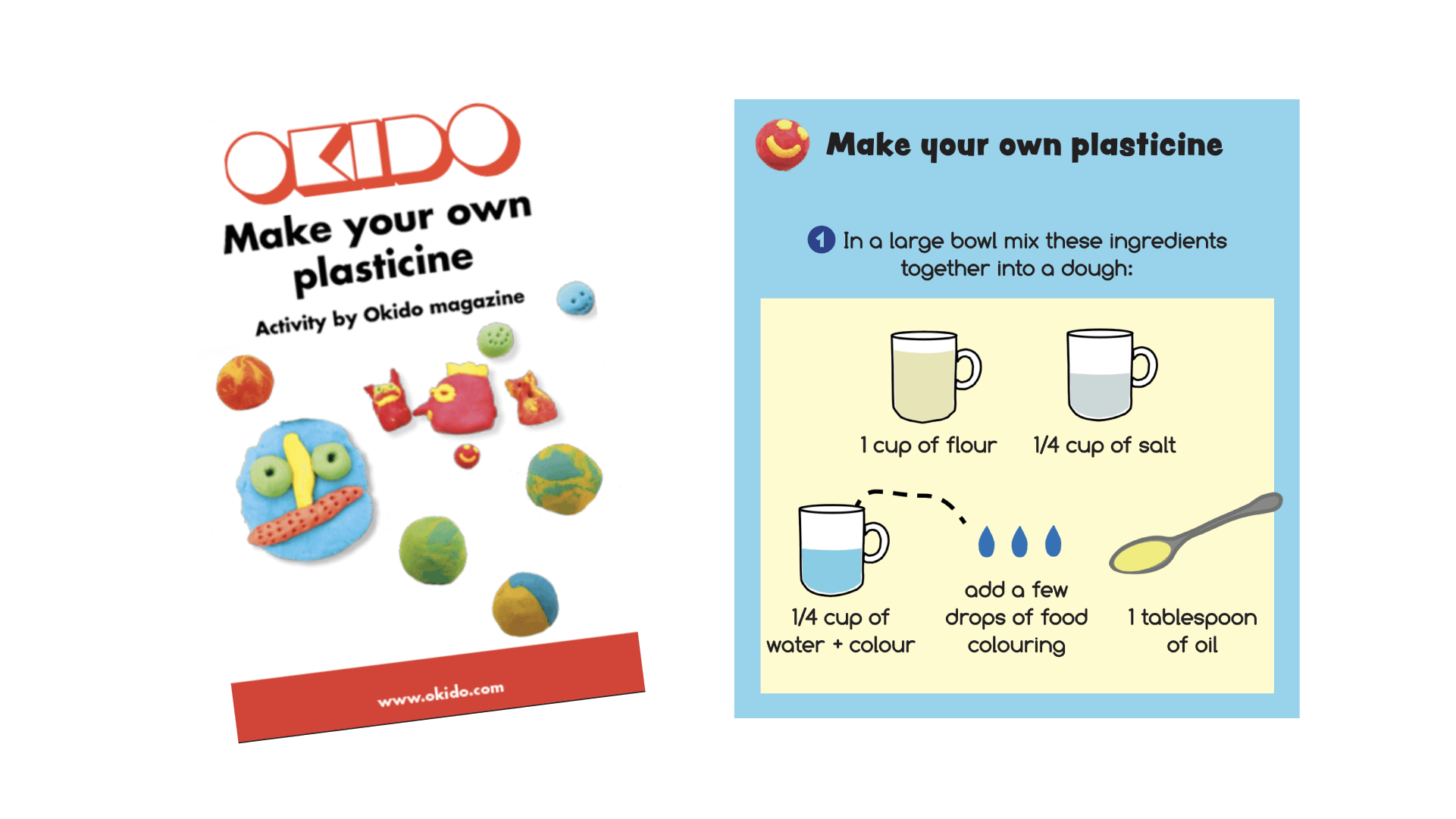
Make your own Plasticine - Okido
In this activity book, kids can learn how to read a simple recipe to make their own plasticine! We’ve given you an exclusive preview in the photo but you can learn more about making different colours once your child has earned the book!
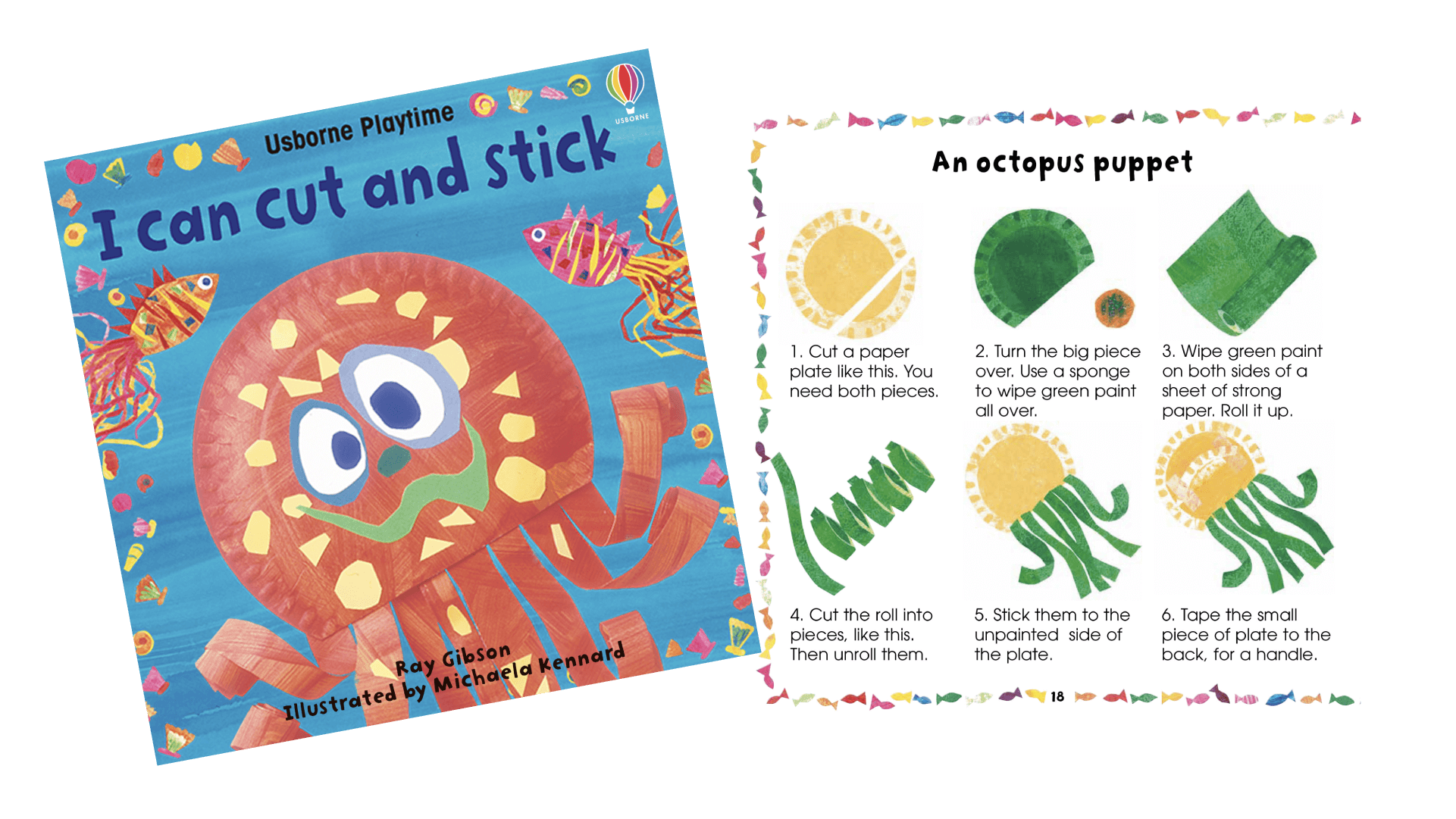
I can cut and stick - Ray Gibson - Usborne Books
In this bumper activity book, there are loads of crafting activities for your kids, all with simple materials found around the house. We’ve given you a sneak preview here of the ‘Make your own octopus’ activity but there are loads more to try out, from crown-making to crafting flying fish!
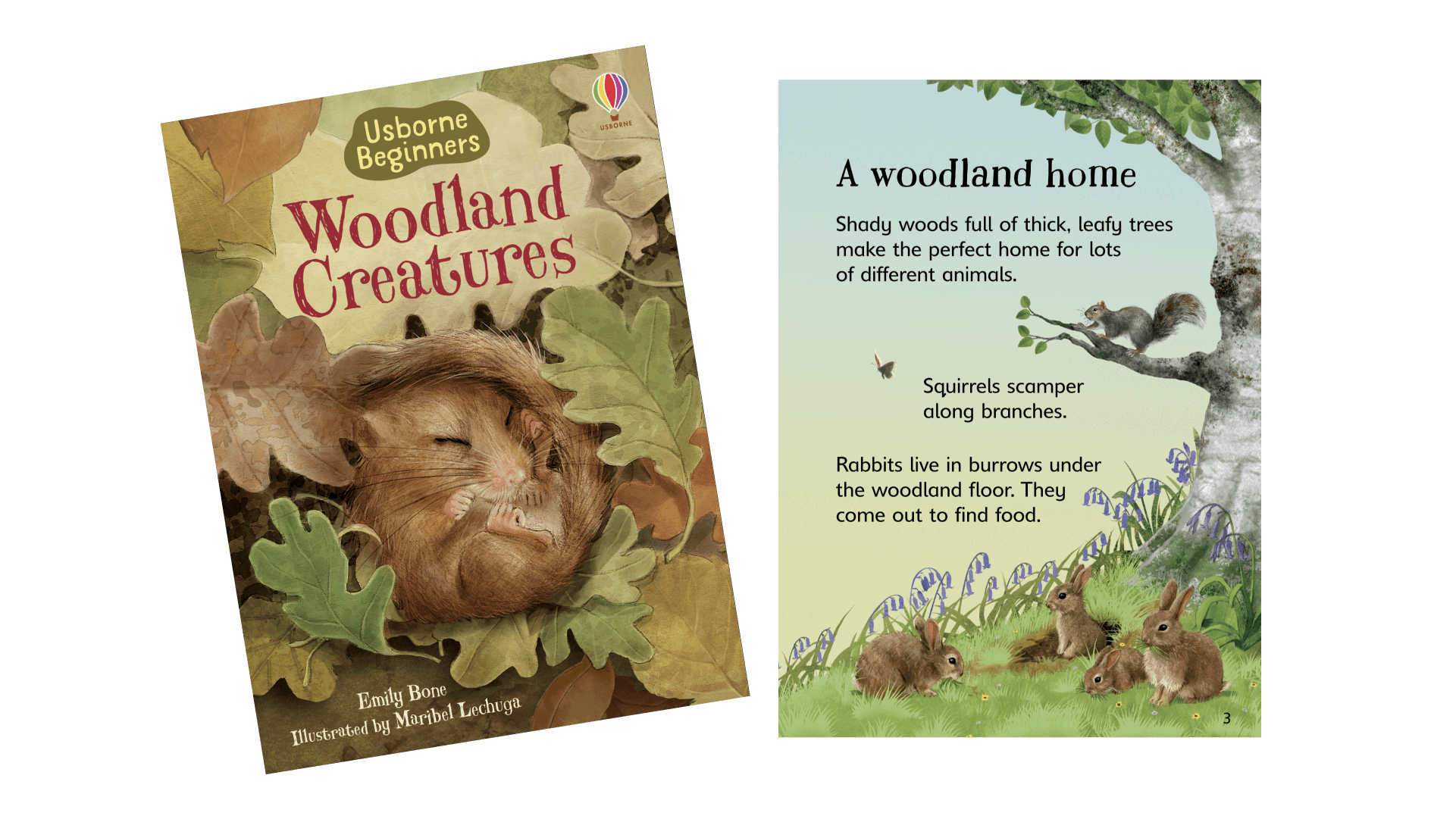
Woodland Creatures - Emily Bone - Usborne Beginners
If you’re going on a forest adventure this summer, why not read ‘Woodland Creatures’ by Emily Bone in Reading for Fun. This informative non-fiction exploration of the creatures you find in forests is perfect preparation for a forest scavenger hunt. Learn how to spot squirrels, what dormice eat and what creatures might live in dead trees…
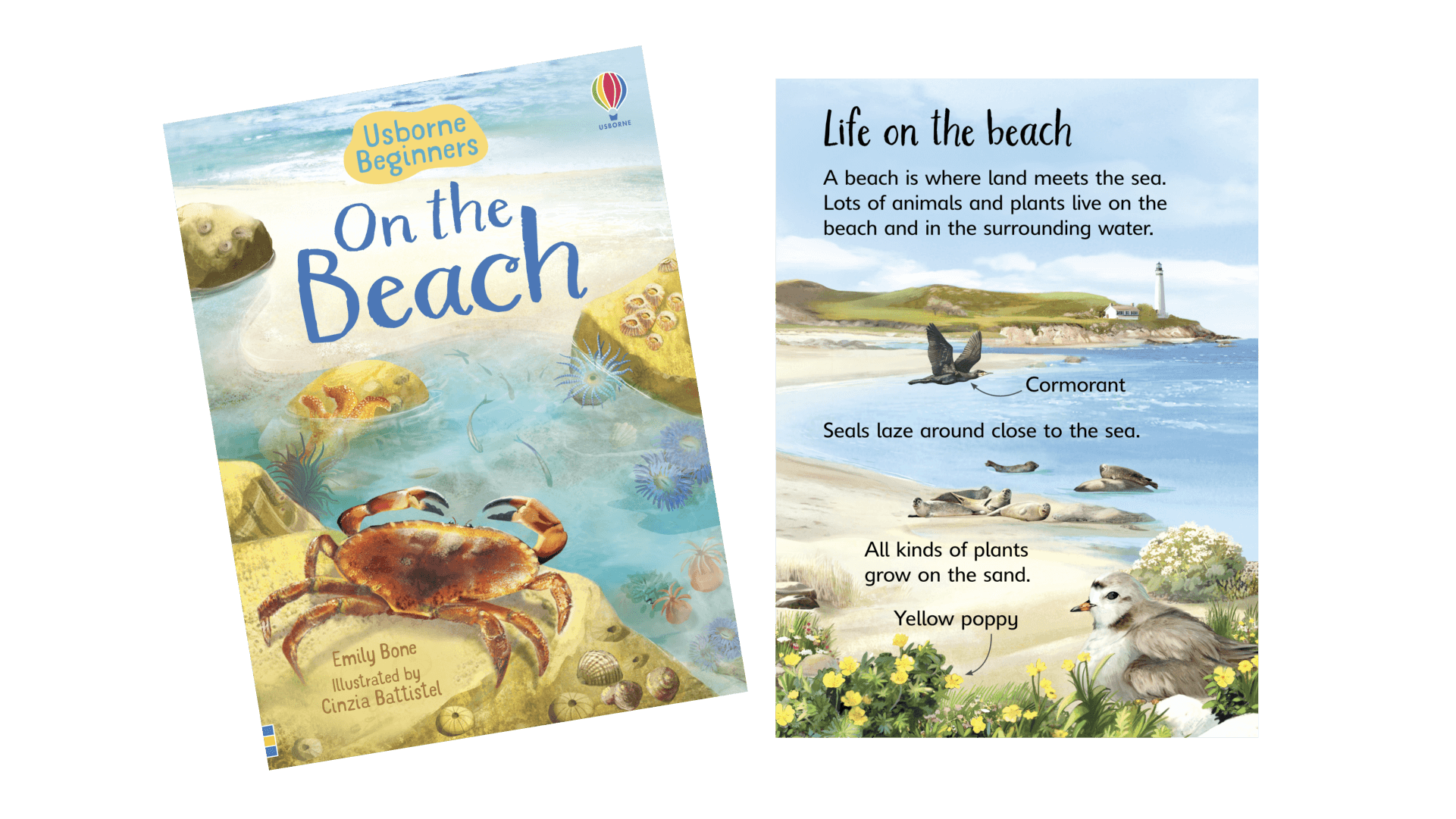
At the beach - Emily Bone - Usborne Beginners
This non-fiction book by the same author explores everything that you might find by the beach. Perfect for a beach holiday learn all about the creatures you may spot while rock-pooling in your winkle-pickers (or flip flops maybe!)
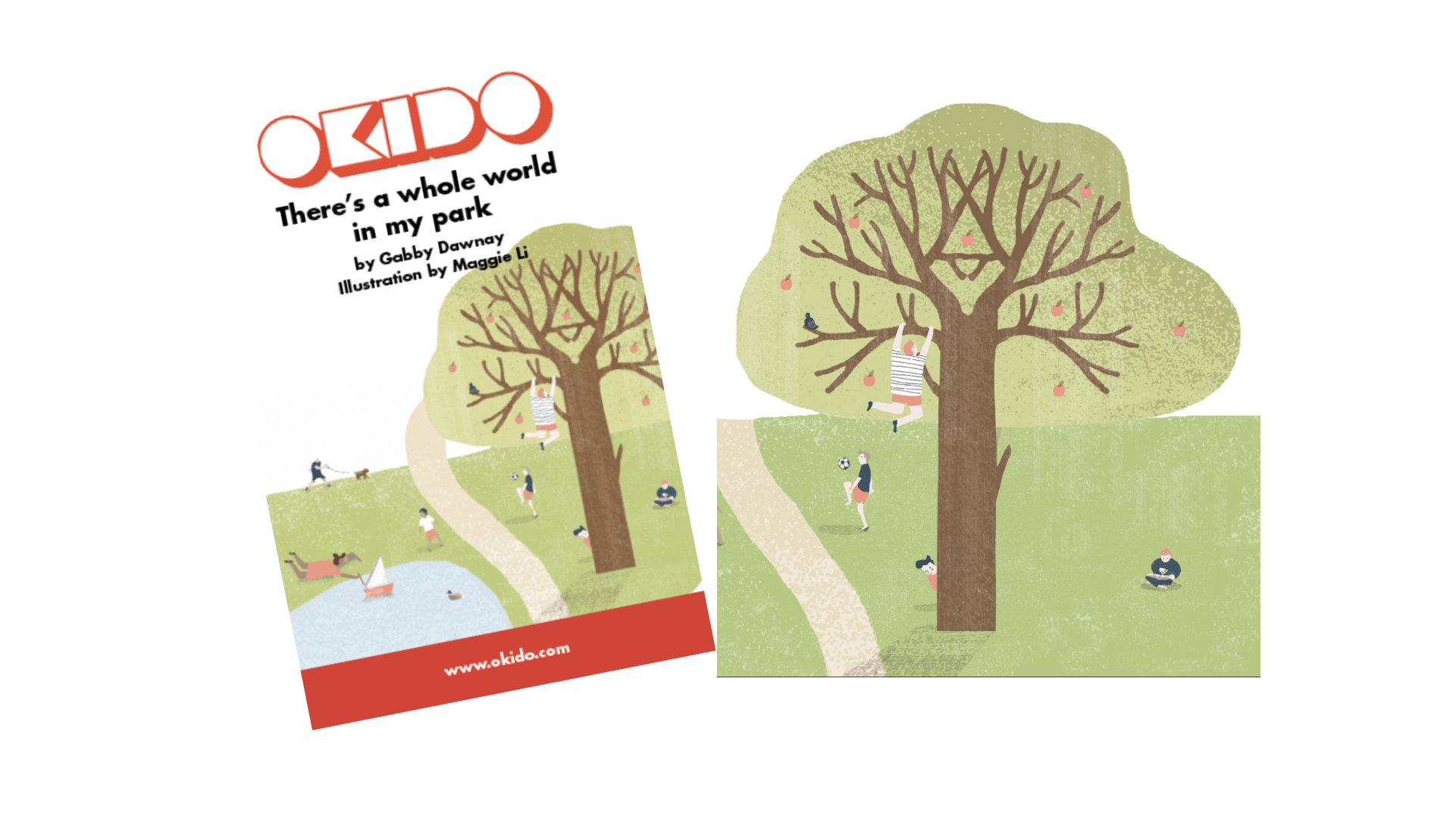
There’s a whole world in my park - Gabby Dawnay
For a holiday that’s closer to home, why not read ‘There’s a whole world in my park’ - a beautiful short story about someone’s local park. You could even make one up with your kid about your local park!
There are loads more books to discover in Reading for Fun - play the game to explore a bookshelf you can take on your travels this summer!
If you want extra incentive and fun with reading this summer, we really love the look of this Summer Reading Challenge by The Reading Agency too - all you need to do is sign up, read books and earn fabulous digital rewards!

Al Goss
Product Manager for Teach Your Monster Reading for Fun


